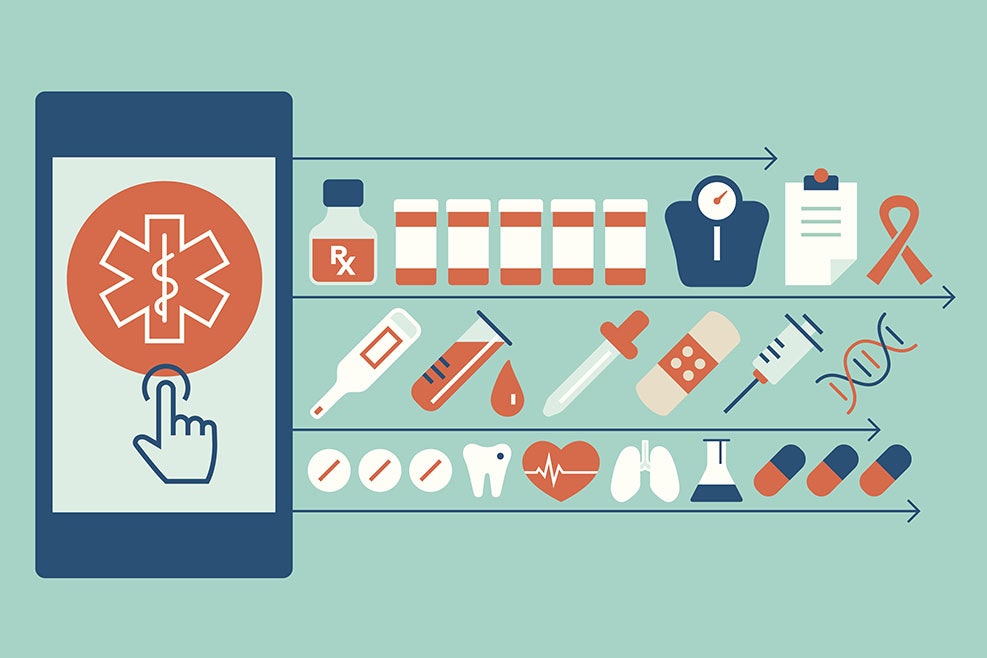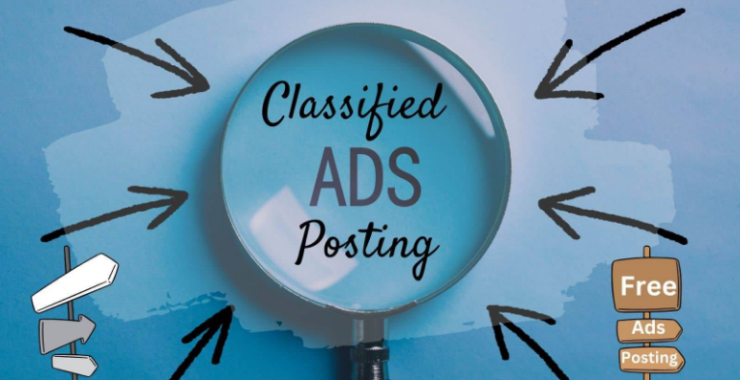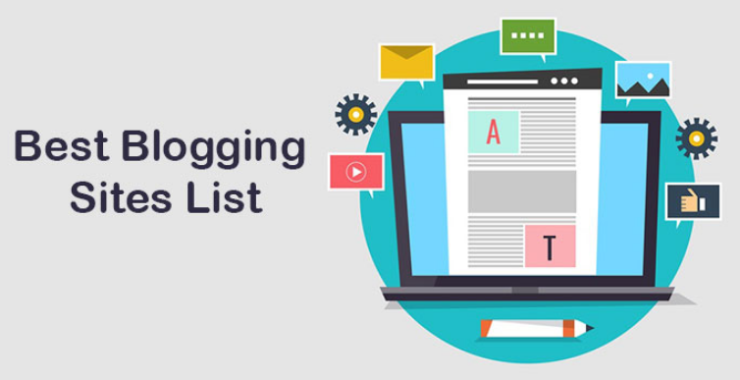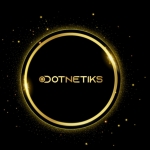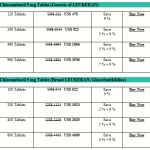Building the Perfect Healthcare App: Essential Features and Functionality
Introduction:
Technology has revolutionized the healthcare industry in recent years, and healthcare apps have become an essential part of our daily lives. With the rise in the use of smartphones and the need for on-demand healthcare services, the demand for healthcare apps has increased significantly. Building a perfect healthcare app is not an easy task; it requires a lot of planning, research, and implementation of essential features and functionality. In this blog, we will discuss the essential features and functionality of building the perfect healthcare app.
User Interface (UI) and User Experience (UX):
The first step in building the perfect healthcare app is to design an intuitive and user-friendly UI/UX. A well-designed UI/UX enhances the overall user experience, making it easier for users to navigate and use the app. The UI should be designed with the target audience in mind, ensuring that the app is easy to use for people of all ages and backgrounds.
The UX design should be intuitive and user-friendly, providing users with an easy-to-use interface that they can navigate quickly. It should be designed in such a way that users can easily find the information they need, such as appointment scheduling, health records, medication management, and more. A well-designed UI/UX is essential for the success of any healthcare app.
Appointment Scheduling:
One of the essential features of any healthcare app is appointment scheduling. The app should allow users to schedule appointments with doctors, dentists, and other healthcare providers. Users should be able to view the available slots and select a time that works for them. The app should also send appointment reminders to users, reducing the number of missed appointments and improving patient engagement.
The appointment scheduling feature should also allow users to cancel or reschedule appointments easily. The app should also provide users with the option to leave feedback or rate the service provided by the healthcare provider.
Electronic Health Records (EHRs):
Electronic Health Records (EHRs) are digital versions of a patient’s medical history. EHRs allow healthcare providers to access a patient’s medical records quickly and easily, improving patient care and reducing the risk of medical errors. The healthcare app should allow users to access their EHRs, view their medical history, and share it with their healthcare providers.
The app should also allow users to update their EHRs, such as adding new medications or allergies. The EHRs should be secured using encryption and other security measures to protect users’ sensitive health information.
Medication Management:
Medication management is an essential feature of any healthcare app. The app should allow users to manage their medications, including reminders for taking medication, dosage instructions, and tracking medication history. The app should also provide users with information about potential drug interactions and side effects.
The medication management feature should also allow users to order medication refills, view their medication history, and set up automatic refills. The app should also provide users with information about their medications, such as dosage, usage, and potential side effects.
Telemedicine:
Telemedicine is an essential feature of any healthcare app, providing users with remote access to healthcare services. The app should allow users to consult with healthcare providers remotely, such as via video call or chat. Telemedicine is particularly useful for people who live in remote areas or have mobility issues.
The telemedicine feature should also allow healthcare providers to review a patient’s medical history, provide a diagnosis, and prescribe medication remotely. The app should also allow users to schedule telemedicine appointments with their healthcare providers.
Health and Fitness Tracking:
The health and fitness tracking feature allows users to track their physical activity, monitor their nutrition, and track their sleep patterns. This feature is particularly useful for people who want to improve their overall health and wellness. The app should allow users to set fitness goals, track their progress, and receive personalized recommendations for improving their health and wellness.
The health and fitness tracking feature should also integrate with wearable devices, such as fitness trackers and smartwatches, to provide users with more accurate and comprehensive data. The app should also allow users to connect with friends and family members, sharing their progress and creating a supportive community.
Personalization and Customization:
Personalization and customization are essential features of any healthcare app. The app should allow users to personalize their experience, such as setting preferences for appointment scheduling, medication management, and health and fitness tracking. The app should also allow users to customize their dashboard, selecting the features they use most frequently.
The app should also provide users with personalized recommendations based on their health data and preferences. For example, the app may suggest a new medication or fitness routine based on the user’s health history and fitness goals.
Secure Messaging and Communication:
Secure messaging and communication are essential features of any healthcare app. The app should allow users to communicate securely with their healthcare providers, such as via messaging or video calls. The app should also allow users to share their medical history and other sensitive health information securely.
The app should use encryption and other security measures to protect users’ data and ensure the privacy and confidentiality of their health information. The app should also comply with all relevant data protection and privacy regulations, such as HIPAA in the United States.
Choose Zenkoders for HealthCare App Development Services:
If you’re looking for a software development company to build the perfect healthcare app, Zenkoders is an excellent choice. Here’s why:
Experience:
Zenkoders has years of experience in software development, including healthcare app development. The team has worked on numerous healthcare app projects, and they understand the unique requirements and challenges of developing healthcare apps.
Expertise:
Zenkoders has a team of highly skilled developers, designers, and project managers who are experts in their field. They have the expertise to design and develop an intuitive and user-friendly UI/UX, implement essential features and functionality, and ensure the app is secure and compliant with relevant regulations.
Quality:
Zenkoders is committed to delivering high-quality software solutions. They use a rigorous quality assurance process to ensure that the app is bug-free and functions as intended. They also ensure that the app is tested for usability, performance, and security.
Customer-centric approach:
Zenkoders takes a customer-centric approach to software development. They work closely with clients to understand their unique requirements and develop solutions that meet their specific needs. They also provide regular updates and feedback throughout the development process, ensuring that clients are involved every step of the way.
Competitive pricing:
Zenkoders offers competitive pricing for its software development services. They understand that healthcare app development can be expensive, and they work with clients to develop solutions that meet their budget requirements.
Conclusion:
In conclusion, if you’re looking for a software development company to build the perfect HealthCare App Development Services. Zenkodersis an excellent choice. With their experience, expertise, quality, customer-centric approach, and competitive pricing, they can help you develop a healthcare app that meets your unique needs and requirements.
Source URL: https://zenkoders.com/healthcare-app-development/

